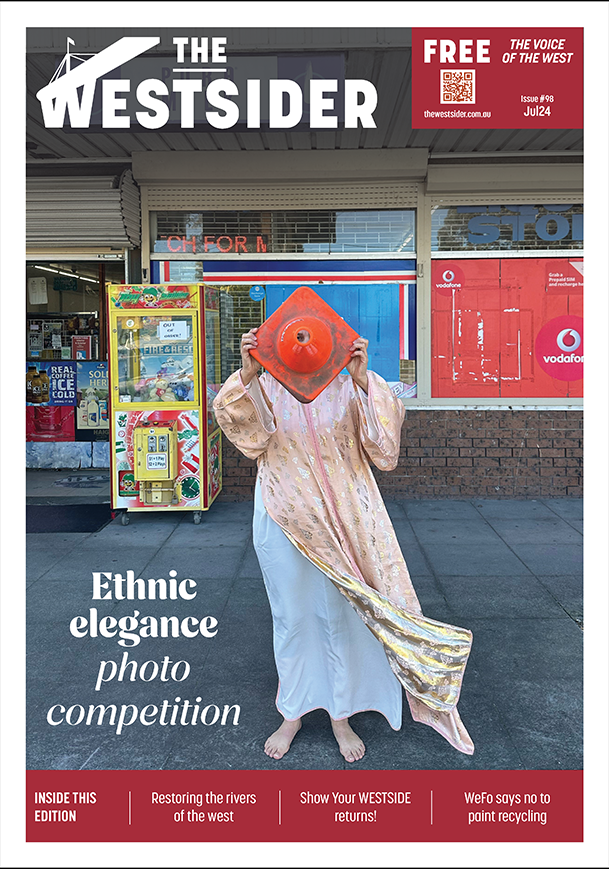One thing I enjoy about this role as editor (and my life in general I guess) is the broad range of views, opinions and thought processes I am exposed to through conversation and/or observation.
On a recent trip – not in the Pink Floyd sense – I found myself in discussion with a group of Americans and talking about some of the differences in our economies, as well as the benefits (and disadvantages) of a social democracy such as we have in Australia.
We talked about minimum wage, the tipping system, and the inability of people trapped in poorly paid occupations to ever progress, gain independence, or even plan a life, and although they were middle-class moderates and suspicious of Trump, his motives, and his followers, their belief systems still seem rooted in acceptance of a society in which millions of people are expected to sustain themselves on measly wages, live in poverty, and present as a genuine underclass.
I explained that here in Australia we paid people a livable wage, and used the example of a bartender or barista, who might earn $20-25 an hour in a cafe. My American friends were shocked “How can you pay someone working in a cafe $25 an hour?” they said, with a barely detectable sense of panic in their voices, as if somehow the very fabric of our society were at risk of crumbling.
I thought about it for a moment, and replied “Well, when you pay someone $5 an hour, they live in poverty and remain ever reliant on others for survival – government, welfare agencies, families, communities. But when you pay someone $25 an hour, they spend it – the money circulates back into the economy. It’s the same cause and effect, we just choose to empower people.”
Flash forward to the recent election and I had deja vu, but this time listening to comfortable and entitled Australians on talk-back radio. A comparison of my very basic economic lesson was playing out on air in the form of the great fear so many people have of investing in social safety nets such as Newstart – like raising it would be such a massive waste of money that could be better spent elsewhere. Elsewhere as in franking credits and tax cuts I was left to assume.
I wondered again why those people just didn’t “get” it. An extra few dollars for people on Newstart will always go back into the economy. It might mean a coffee, or a sandwich, or a few dollars of petrol in their car, with the added benefit of this contributing to many small and local businesses. Yet when we give money to those who are already wealthy, they save or invest it, or send it off-shore to the Cayman Islands – that money is lost to the economy.
And so it is with many hot button topics, like climate change, wealth inequality and an ever apparent social divide: vested interests work hard behind the scenes to influence, muddy the waters and create doubt so that their investments are protected – but at the expense of what?
Everything.
That’s why sometimes we need a simple unadulterated message.
Derek Green,
Managing Editor, The Westsider
editor@thewestsider.com.au

